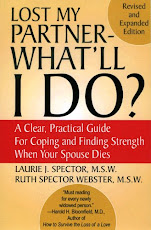While widowers had it easier in some ways than widows in Victorian times, they were more strictly constrained in how they expressed their grief.
In the late 19th and early 20th centuries, widowers were expected to adhere to certain social conventions. Widowers had to refrain from attending any entertainment events for a year.
At the same time, men were not expected to mourn deeply for their spouses. Shows of emotion were considered unmanly. Men threw themselves into their work to distract themselves.
Unlike women, men were expected to remarry quickly. A new wife would provide companionship and childcare, if necessary.
Widowers who had not remarried were considered in the same class as bachelors. An unmarried woman could not visit a widower unless one of his female relatives was present. A married woman could visit a widower, as long as she was accompanied by her husband or brother. Callers would leave behind condolence cards, as they would do for any bereaved individual. In return, the widower would send thank-you cards to his callers.
Widowers were also expected to dress in a certain manner. Black was the official color of mourning. While women were expected to buy a new wardrobe in this color, men were not expected to do this. Instead, etiquette dictated that men wear a black armband or hatband. White linen replaced colored linen for the duration of the mourning period. Men never wore crepe, which is a matte fabric traditionally worn by women in mourning.
Aside from having to repress feelings of grief and strong pressure to remarry whether one felt ready or not, being a Victorian widower was certainly easy on the clothes budget.









